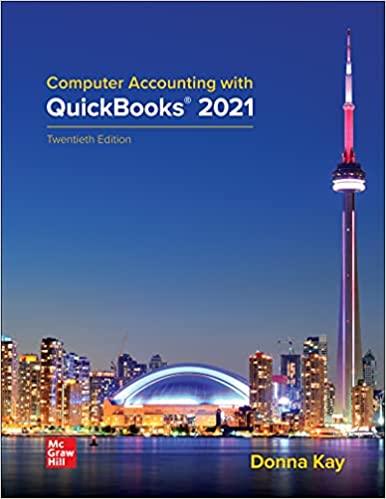
 I need help with Part B I tried to do it and continue to get it wrong. I added picture of what I have. I need help getting correct numbers.
I need help with Part B I tried to do it and continue to get it wrong. I added picture of what I have. I need help getting correct numbers.
5. Look Books has the following transactions in August related to merchandise inventory. (Click the icon to view the transactions.) Read the requirements. a. Determine the cost of goods sold and ending merchandise inventory by preparing a perpetual inventory record using the specific identification method. Assume the following costing information for the books sold during the month: August 3: 4 books costing $13 each August 15: 4 books costing $13 each and 2 books costing $15 each August 28: 2 books costing $15 each and 1 books costing $17 each Start by entering the beginning inventory balances. Enter the transactions in chronological order, calculating new inventory on hand balances after each transaction. Once all of the transactions have been entered into the perpetual record, calculate the quantity and total cost of merchandise Inventory purchased, sold, and on hand at the end of the period. (Enter the oldest inventory layers first.) Purchases Unit Cost Total Cost i More Info Date Quantity Aug. 1 5 $ 15$ 75 Cost of Goods Sold Inventory on Hand Unit Total Unit Total Quantity Cost Cost Quantity Cost Cost 9 S 13$ 117 4S 13$ 52 5 S 13 $ 65 5 S 13 $ 65 S 15 $ - 13 $ 52| S 13 S 15$ 30 S 13 3 S 15 $ 2 S 17 $ Aug. 1 Beginning merchandise inventory, 9 books @ $13 each 3 Sold 4 books @ 517 each 12 Purchased 5 books @ $15 each 15 Sold 6 books @S17 each 20 Purchased 2 books @ $17 each 28 Sold 3 books @ S20 each 2 $ 17$ 34 | Print Done Start by entering the beginning inventory balances. Enter the transactions in chronological order, calculating new inventory on hand balances after each transaction. Once all of the transactions have been entered into the perpetual record, calculate the quantity and total cost of merchandise inventory purchased, sold, and on hand at the end of the period. (Enter the oldest inventory layers first.) Purchases Cost of Goods Sold Inventory on Hand Unit Total Total Unit Total Unit Cost Date Quantity ost Cost | Quantity | Cost Aug. 1 117 4 $ 13 $ 5 $ 15 $ 75 Cost | Quantity | Cost 9 $ 13$ 52| 5 $ 13$ $ 13 $ - 15 52 $ 13 30 - 15 | o | A 4 $ 2 $ 13$ 15 $ | A | A S 2 $ 17 $ 34 $ 15 A | | 2 $ 1$ 15 $ 17$ 30 17 15 $ $ 17 | | 109 Totals 13 $ 181 b. Determine the cost of goods sold and ending merchandise inventory by preparing a perpetual inventory record using the FIFO inventory costing method. Start by entering the beginning inventory balances. Enter the transactions in chronological order, calculating new inventory on hand balances after each transaction. Once all of the transactions have been entered into the perpetual record, calculate the quantity and total cost of merchandise inventory purchased, sold, and on hand at the end of the period. (Enter the oldest inventory layers first.) Purchases Cost of Goods Sold Unit Total Unit Total Inventory on Hand Unit Total Quantity Cost Cost Quantity Cost Cost Quantity Cost Cost Date Aug. 1 117 4013152513 65 1205 15_75 5 3|| 13|| 15| 65 | 30|| 45 L3N15 109 34 Totals |___1922

 I need help with Part B I tried to do it and continue to get it wrong. I added picture of what I have. I need help getting correct numbers.
I need help with Part B I tried to do it and continue to get it wrong. I added picture of what I have. I need help getting correct numbers.






